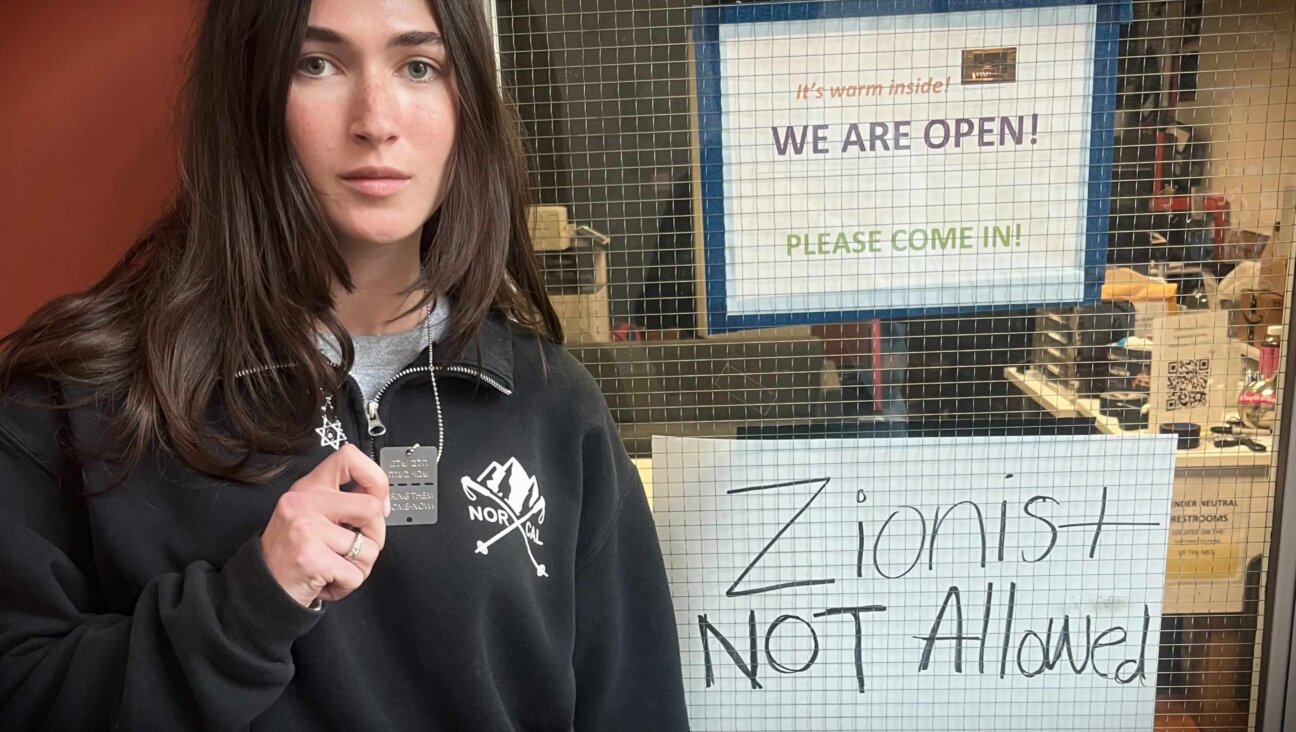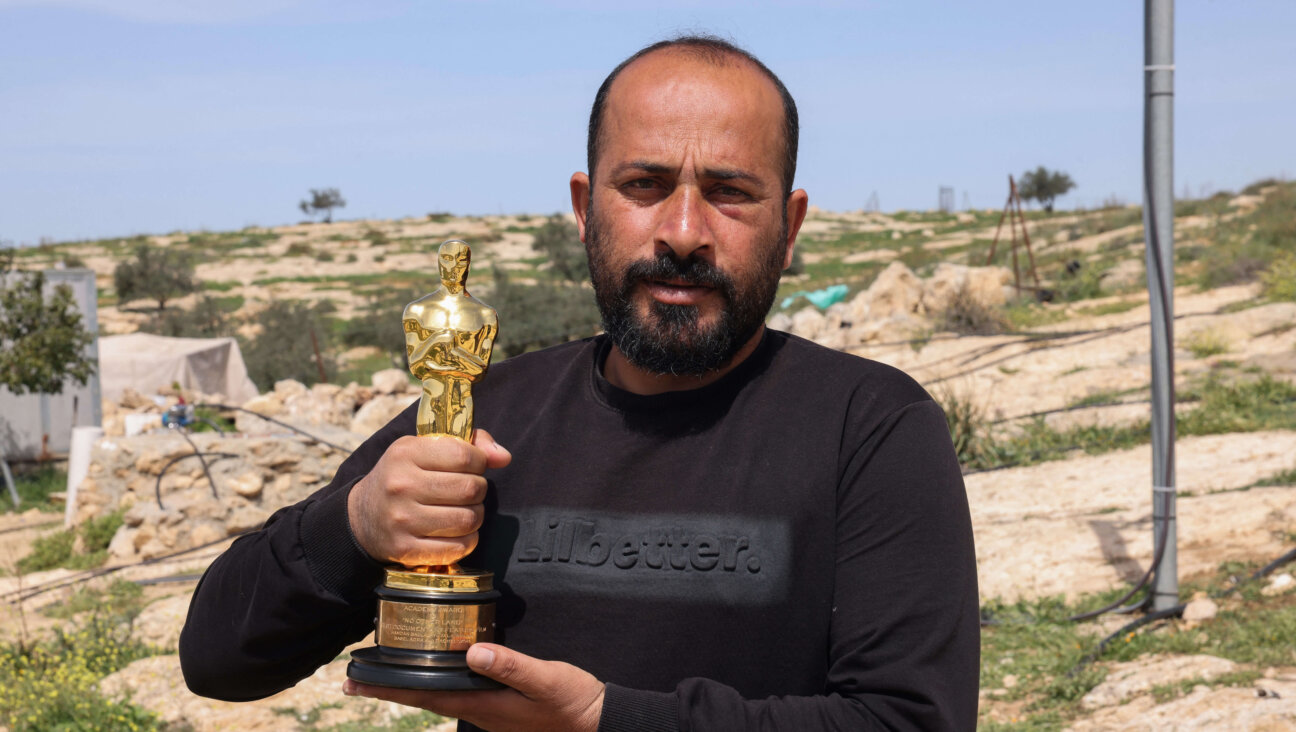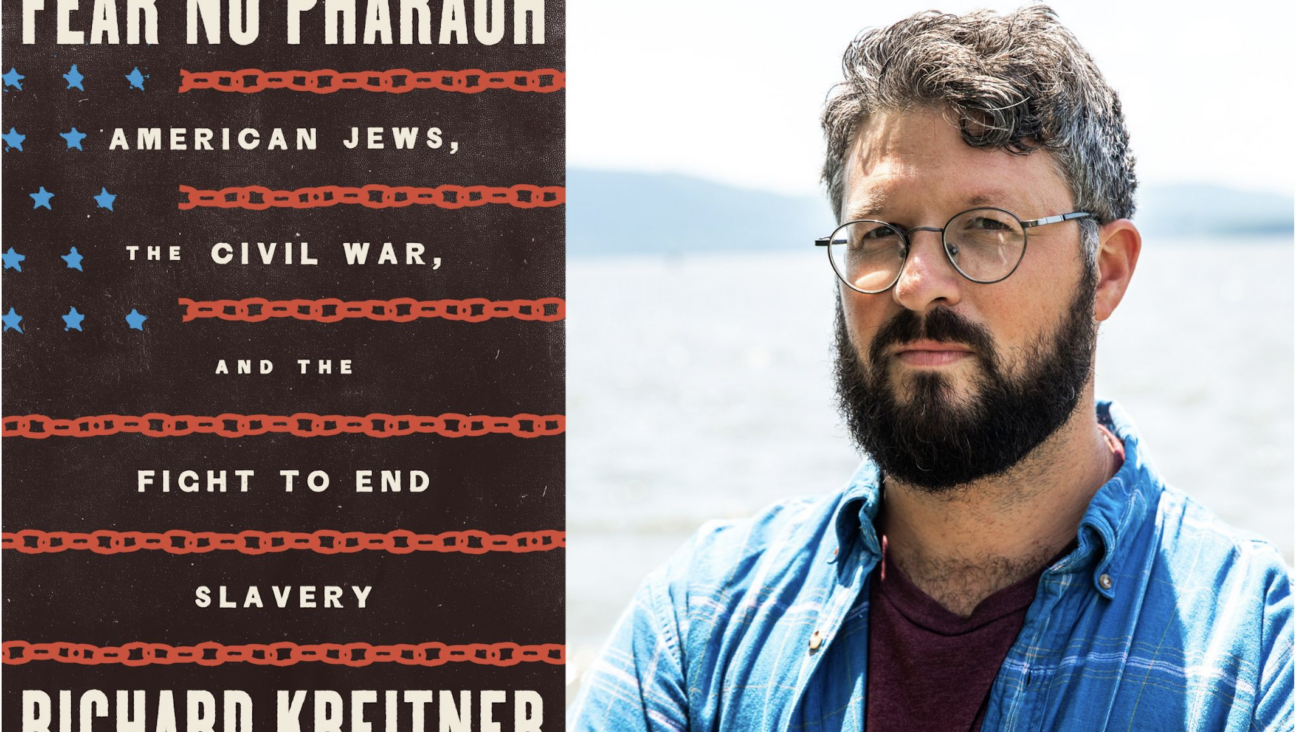ORT’s Nonsectarian Work Booms
When ORT opened a computer-learning center in Brooklyn last year, the focus was on Orthodox Jewish students, but, within a few weeks, non-Jewish kids from the neighborhood were asking to take part. Now the Jews and non-Jews work next to each other every Tuesday and Thursday after school.
The computer lab is a representative example of how ORT’s projects have evolved over the past 50 years. ORT was founded in Russia in 1880, to give local Jews vocational skills. But ORT has since expanded beyond Jewish boundaries and become a multiheaded behemoth of an international educational institution, reaching some 300,000 students a year.
ORT’s nonsectarian work began in 1960, at the request of the U.S. State Department. For decades before, ORT had provided vocational training to Jews around the world, and the State Department wanted to enlist that expertise on behalf of the newly independent nations in Africa. The proposal was endorsed by ORT’s board that year, and soon enough ORT was helping train farmers in Chad and seven other sub-Saharan countries.
ORT has no template for its projects, but rather adapts to local conditions. In some countries, ORT trains the trainers, while in others ORT employees run the schools. One such project was in Albania, after the end of communism: In vocational schools set up at local high schools ORT trained some 26,000 students over the course of the 1990s. The most popular program was cosmetology. At the end of the course every student received a tool kit and an ORT sticker. Soon enough, those stickers became the symbol of quality in beauty parlors across Tirana, the Albanian capital.
In general, these international programs are funded by international development agencies like the World Bank and the European Union. The fundraising done by ORT, on the other hand, goes mostly to the group’s specifically Jewish projects. ORT’s Jewish day schools in Argentina have some 7,300 students. In Israel, ORT’s 159 schools educate 100,000 students each year.
But the ORT-funded programs also take in non-Jewish students. Nowhere is this truer than at ORT’s American campuses. ORT’s operations in America began during World War II, to provide needlework training to Jews fleeing Europe. In the 1970s, the school became a full-time junior college, known as Bramson ORT, as émigrés from the Soviet Union came pouring in.
Today, ORT has junior colleges in Los Angeles, Chicago and New York, where students from some 40 nationalities study. ORT’s ads are familiar to New York subway riders, but they also appear in Chinese and Bulgarian newspapers.
“Being under Jewish auspices, we decided it’s a good Jewish deed to provide services to whoever needs our help,” said Ephraim Buhks, the director of ORT Operations USA and Bramson ORT.
The Forward is free to read, but it isn’t free to produce

I hope you appreciated this article. Before you go, I’d like to ask you to please support the Forward.
At a time when other newsrooms are closing or cutting back, the Forward has removed its paywall and invested additional resources to report on the ground from Israel and around the U.S. on the impact of the war, rising antisemitism and polarized discourse.
Readers like you make it all possible. We’ve started our Passover Fundraising Drive, and we need 1,800 readers like you to step up to support the Forward by April 21. Members of the Forward board are even matching the first 1,000 gifts, up to $70,000.
This is a great time to support independent Jewish journalism, because every dollar goes twice as far.
— Rachel Fishman Feddersen, Publisher and CEO
2X match on all Passover gifts!
Most Popular
- 1

Film & TV What Gal Gadot has said about the Israeli-Palestinian conflict
- 2

News A Jewish Republican and Muslim Democrat are suddenly in a tight race for a special seat in Congress
- 3

Opinion Is this new documentary giving voice to American Jewish anguish — or simply stoking fear?
- 4

Opinion Mike Huckabee said there’s ‘no such thing as a Palestinian.’ It’s worth thinking about what that means
In Case You Missed It
-

Opinion Think every Palestinian in Gaza is Hamas? This week’s protests prove you’re wrong
-

Opinion A Palestinian Oscar-winner’s arrest shocked the world. For these Jewish activists, it was terrifyingly normal
-

Opinion In the Trump administration and Israel, a grotesque display of virility coupled with a loss of humanity
-

Fast Forward Cornell’s new Jewish president says he is ‘very comfortable with where Cornell is currently’
-
Shop the Forward Store
100% of profits support our journalism
Republish This Story
Please read before republishing
We’re happy to make this story available to republish for free, unless it originated with JTA, Haaretz or another publication (as indicated on the article) and as long as you follow our guidelines.
You must comply with the following:
- Credit the Forward
- Retain our pixel
- Preserve our canonical link in Google search
- Add a noindex tag in Google search
See our full guidelines for more information, and this guide for detail about canonical URLs.
To republish, copy the HTML by clicking on the yellow button to the right; it includes our tracking pixel, all paragraph styles and hyperlinks, the author byline and credit to the Forward. It does not include images; to avoid copyright violations, you must add them manually, following our guidelines. Please email us at [email protected], subject line “republish,” with any questions or to let us know what stories you’re picking up.















